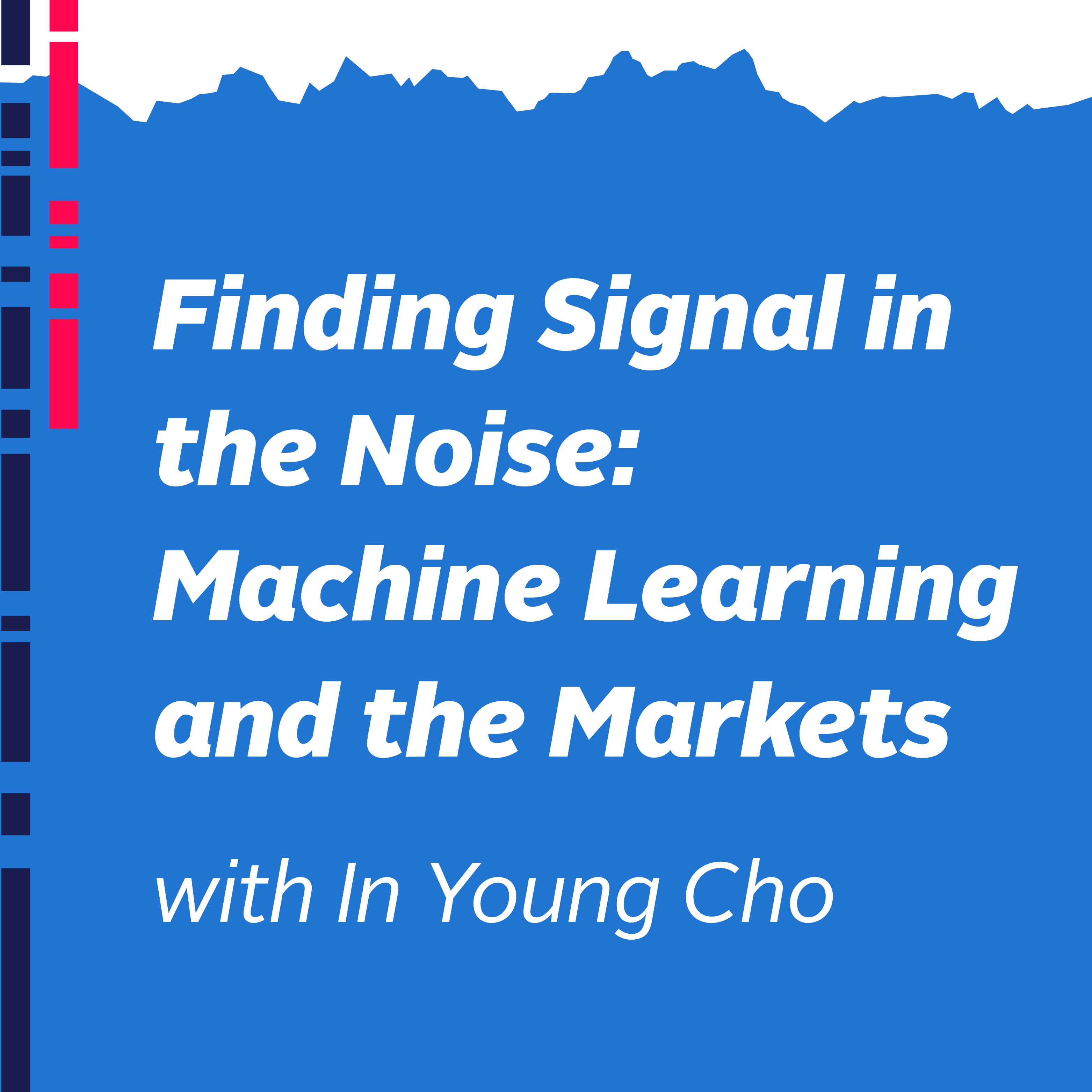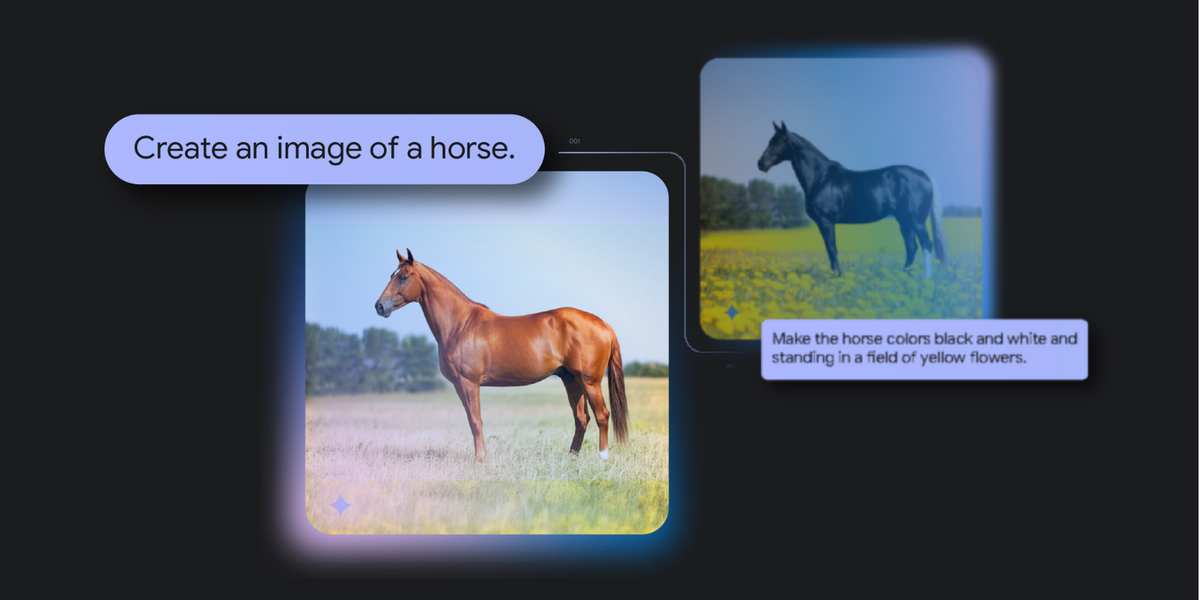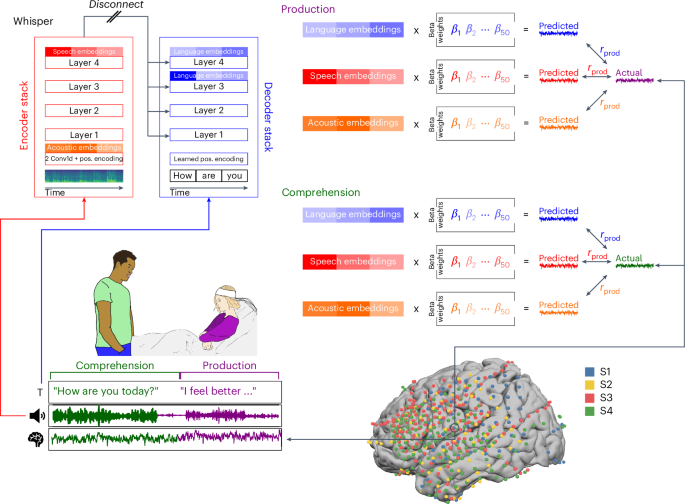Neuro-First AI Startup Seeks Engineers to Build Groundbreaking Brain-Computer Interfaces

Piramidal is hiring Research Engineers to build AI systems focused on neural data, enabling previously impossible tasks. Ideal candidates possess strong engineering skills, including designing, implementing, and enhancing massive-scale distributed machine learning systems, and a foundational understanding of neuroscience. The company offers competitive compensation and equity, driven by a mission to empower human potential through technology, championing cognitive liberty and opposing the commodification of minds.




















